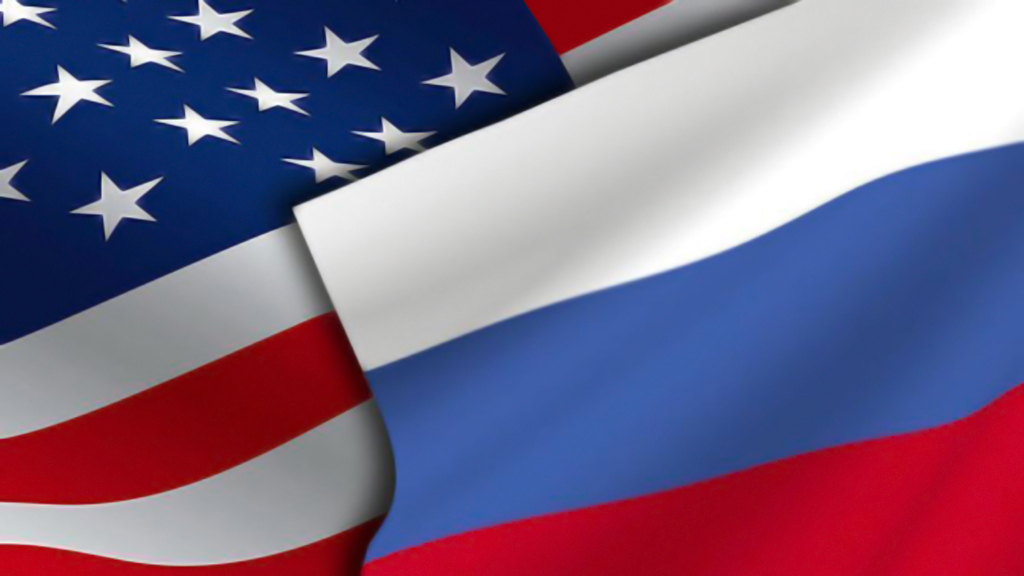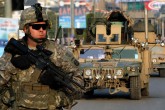he cancellation of the meeting between U.S. President Donald Trump and Russian President Vladimir Putin was one of the highlights of the G20’s Argentina summit. As previously mentioned in this column, following the Helsinki debacle, the Trump administration most probably did not want to take another risk that would put them in a difficult situation domestically. Considering Michael Flynn’s case, Michael Cohen’s guilty plea and the Democrats’ electoral victory in the House, relations between the U.S. and Russia have become a challenging issue for the U.S. administration. The tension in bilateral relations between the two countries do not only affect them. Considering the size and influence of the two countries, any tension can trigger aftershocks in different areas and can change the balance in different frozen or ongoing conflicts. Considering this threat to international security and of course Turkey’s national security, President Recep Tayyip Erdoğan is trying to strengthen dialogue with both of the leaders. At the G20 summit, he met with both Putin and Trump, and during his press conference, he, once again, raised the question of the increasing destabilization of the international system. One can remember the significant crises Turkey went through with these two superpowers in the last 10 years and the efforts of Turkish policymakers to resolve the crises.
When Turkey and Russia mended their ties following Erdoğan’s letter to Putin, the two countries jump-started their relations. Turkey launched two major cross-border operations against the terror groups east of the Euphrates. Through the Astana process, Turkey and Russia established de-escalation zones and later prevented a potential attack by the regime on Idlib, which would have caused a major humanitarian disaster. In the meantime, economic relations were restored, diplomatic dialogue was rehabilitated and an important project for energy ties, namely the TurkStream pipeline, was completed.
The improvements in bilateral ties between Turkey and the two superpowers do not mean that the relations are totally stabilized. There are still significant divergences between the two countries in important issue areas.
For instance, in regard to the Manbij road map, this convergence may not be sufficient to prevent the deterioration of ties because of continuing YPG-U.S. relations. This is a critical national security concern for Turkey.
[Daily Sabah,
In this article
- Opinion
- Armenia
- Azerbaijan
- Azerbaijan-Armenia Conflict
- Civil War
- Crimea
- Daily Sabah
- Donald Trump
- East of the Euphrates
- G20
- HTS
- Idlib
- Karabakh
- Karabakh Conflict
- Kurdistan Workers' Party Terrorist Organization (PKK)
- Middle East
- NATO
- People's Protection Units (YPG)
- PKK - YPG - SDF - PYD - YPJ - SDG - HBDH - HPG - KCK - PJAK - TAK - YBŞ
- Recep Tayyip Erdoğan
- Russia
- South Caucasus
- Superpower
- Syria
- Syrian Civil War
- Syrian Conflict
- Syrian Crisis
- Trump Administration
- Turkish Foreign Policy
- Turkish-American Relations
- Turkish-Russian Relations
- Türkiye-Russia Relations
- Türkiye-US Relations
- Türkiye's Foreign Policy
- Ukraine
- United States (US)
- US President
- Vladimir Putin



